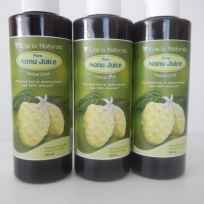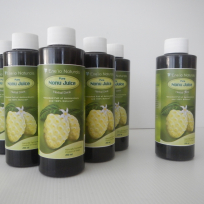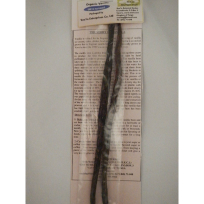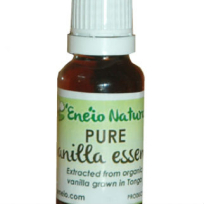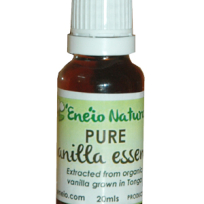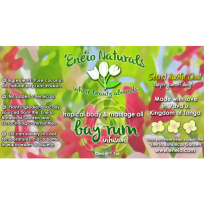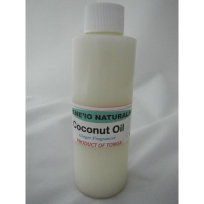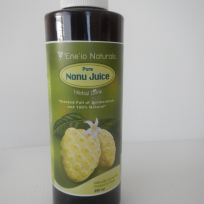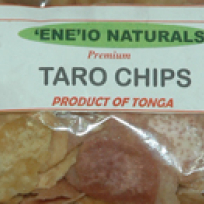Products
Shop Online
Shopping Cart

Shop Online with 'Ene'io Botanicals

‘Ene’io Botanical Gardens, arguably the South Pacific’s finest private gardens in the village of Tu’anekivale, situated on the eastern end of Vava’u. The Gardens represent a lifetime labour of love on the part of Haniteli Fa’anunu who along with his wife Lucy and their family have created a truly exceptional place. Open to the public on a daily basis, the organic gardens have almost every species of plant in Tonga, alongside hundreds of others, including tamarind, star fruit, jasmine, mahogany, almond trees, lemon grass, cashew, sisal, vanilla, kauri, hibiscus, pine, orchids, coconut, ginger and lots more. Visitors can enjoy many conservation programs, live workshops, an outstanding visitor centre and beach front on more than 22 acres.‘Ene’io provides sanctuaries for native birds as well as a wide range of conservation successes such as the Tree Fern from ‘Eua, Fanakio from Niuafo’ou, sandalwoods, bamboos, breadfruits etc. Guided tours are available as well.
Ene’io Botanical Gardens are also home to a range of Artisan Craftsmen and women who will share with visitors their love of their heritage and culture. It is on site that the range of ‘Ene’io Natural Artisan Products are produced such as Nonu Juice, Taro Chips, Tongan Oil, Vanilla Beans, Vanilla Essence and Handicrafts.
Click Read More below to see the The 'Ene'io Story
Read More
The ‘Ene’io Story
‘Ene’io is derived from two Tongan words: “‘Ene” meaning “to tickle” and “’Io” meaning “Yes”, so the literal meaning of ‘Ene’io is: To tickle until one says Yes.
‘Ene’io is the name of the well-known beach at Tu’anekivale village, situated on the eastern end of Vava’u. It is the name also of two freshwater holes located at lower end of the ‘Ene’io Botanical Garden.
Legend tells of a long drought in Vava’u, and district gods were searching for water all over Tonga, and even up north to Samoa. Our story begins with the beautiful goddess Fehuluni returning from Samoa in her search for water, and crossing through Tu’anekivale to get to her favourite ‘ovava (English name) tree residence at Leimatu’a (now the tree facing the entrance to Lupepau’u airport).
However, the well-known eastern god keeper Tu’imatoto noticed the beautiful intruder and immediately intercepted her at this spot, and nicely but firmly grabbed her tightly and demanded: “Who are you to dare trespass my territory?” Fehuluni of course had found water in Samoa, and was bringing it home in her mouth. We can visualize her dilemma as she could not speak, but grunted and pointed to her mouth full of water.
Tu’imatoto took advantage of the situation and demanded an answer, and all she could do was shake her head and point to her mouth. Tu’imatoto then said: “Well, lady, since you refuse to speak to me I will see to it that you talk”. Tu’imatoto then began to tickle Fehuluni. You can imagine the struggle, she to save the water, and he to make her laugh. Fehuluni was so ticklish that she finally burst out laughing and cried: ” ‘io, ‘io, tuku ia” or “yes, yes, please stop!” Fehuluni thus lost her mouthful of water that became the two fresh waterholes, and was used in times of water shortage.
That is how the name “’Ene’io” came to be known throughout Tonga



